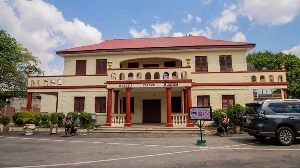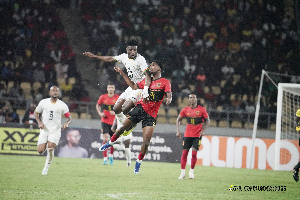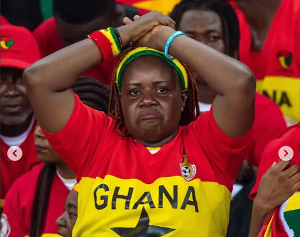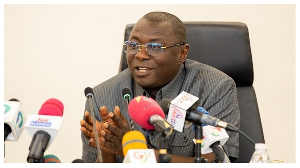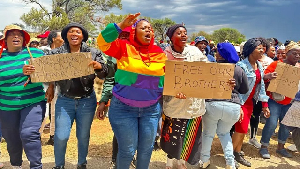Royal historian Osei Bonsu Sarfo Kantanka’s explanation of the rationale behind Manhyia’s recent rejection of Afia Pokua’s apology emphasises the palace’s commitment to preserving its sanctity and the reverence of the King. This perhaps explains Manhyia’s decision to permit or encourage media coverage of contempt hearings and apology audiences, as has been observed recently.
By publicising these hearings, the monarchy may seek to achieve the twin goals of deterring disrespect and reinforcing its authority, while also demonstrating greater transparency and accountability. Yet, in an age where media exposure can amplify both virtue and vice, traditional institutions like Manhyia must carefully consider whether pursuing deterrence and transparency through the media will uphold their standing or undermine the authority they seek to protect.
A pressing question arises: Is this openness beneficial, or does it risk undermining the reverence the palace seeks to uphold? Below are some of the potential risks worth considering as the palace engages in this delicate dance:
Familiarity breeds contempt: Allowing frequent public access to the palace’s internal proceedings risks diminishing the awe and respect traditionally associated with the institution. Exposure to the council's imperfections and human errors may erode the monarchy’s mystique, as the public becomes accustomed to its flaws. While mistakes are human, constant scrutiny subjects the monarchy to the same polarised criticism faced by political figures, thereby undermining its unique authority.
Erosion of moral authority: The media thrives on conflict and spectacle. Broadcasting such hearings risks trivialising the occasion and inviting negative publicity. During Afia Pokua’s apology audience, one chief, in an emotional outburst, publicly body-shamed Ms. Pokua and disparaged her parents—an incident that quickly became fodder for media outlets like Loud Silence Media and various microbloggers. Such behaviour threatens to erode the moral high ground upon which Manhyia stands, leaving it vulnerable to negative perceptions both locally and internationally. As the Akan proverb warns: "Obi fom kum a, yen mfom ndwa"—corrective actions must not be tainted by misconduct. Moreover, in the age of the internet, these incidents remain permanently accessible, haunting the institution’s image long after the moment has passed.
Perception of inconsistency in justice and erosion of public trust: If similar cases of contempt or disrespect are treated with differing degrees of severity or through inconsistent procedures, scepticism regarding the palace’s fairness will arise, thereby undermining public trust. For instance, the public may question why the case involving Maurice Ampaw, who declined to appear before the Asanteman Council but later offered a brief apology on the radio, was not further pursued. Was Chairman Wontumi treated with leniency, considering the Council’s pre-hearing and hearing statements? Why was Kwasi Pratt Jr. not pursued as well?
Permanent digital record: In the digital age, once a moment is captured on video, it remains online indefinitely. Any emotional outbursts, unguarded statements, or inappropriate behaviour during a contempt hearing or apology audience will be recorded, shared, and preserved forever. This permanence means that even fleeting moments of weakness or controversy could haunt Manhyia’s reputation for years to come, both locally and internationally.
In summary, while media exposure offers Manhyia a platform to demonstrate its authority, it also poses the risk of eroding the institution’s mystique, leaving it vulnerable to sensationalism and critical public scrutiny.
How can Manhyia maintain the balance between transparency and the preservation of its dignified authority?
Selective media access: Rather than opening all proceedings to public broadcasts, Manhyia could restrict media access to select hearings, ensuring that the most sacred and sensitive moments remain shielded from public consumption. This approach allows the monarchy to maintain transparency while safeguarding its revered status.
Pre-recorded summaries and official statements: Instead of live broadcasts, Manhyia could release pre-recorded summaries of its proceedings, accompanied by official statements. This method ensures the message remains controlled, focused, and free from sensationalism, while still offering the public insight into the palace’s justice process.
In conclusion, as Manhyia navigates the pressures of modern transparency, it must carefully weigh the benefits of media exposure against the risk of eroding the very reverence it seeks to sustain.
Opinions of Wednesday, 16 October 2024
Columnist: William K. Dumenu





